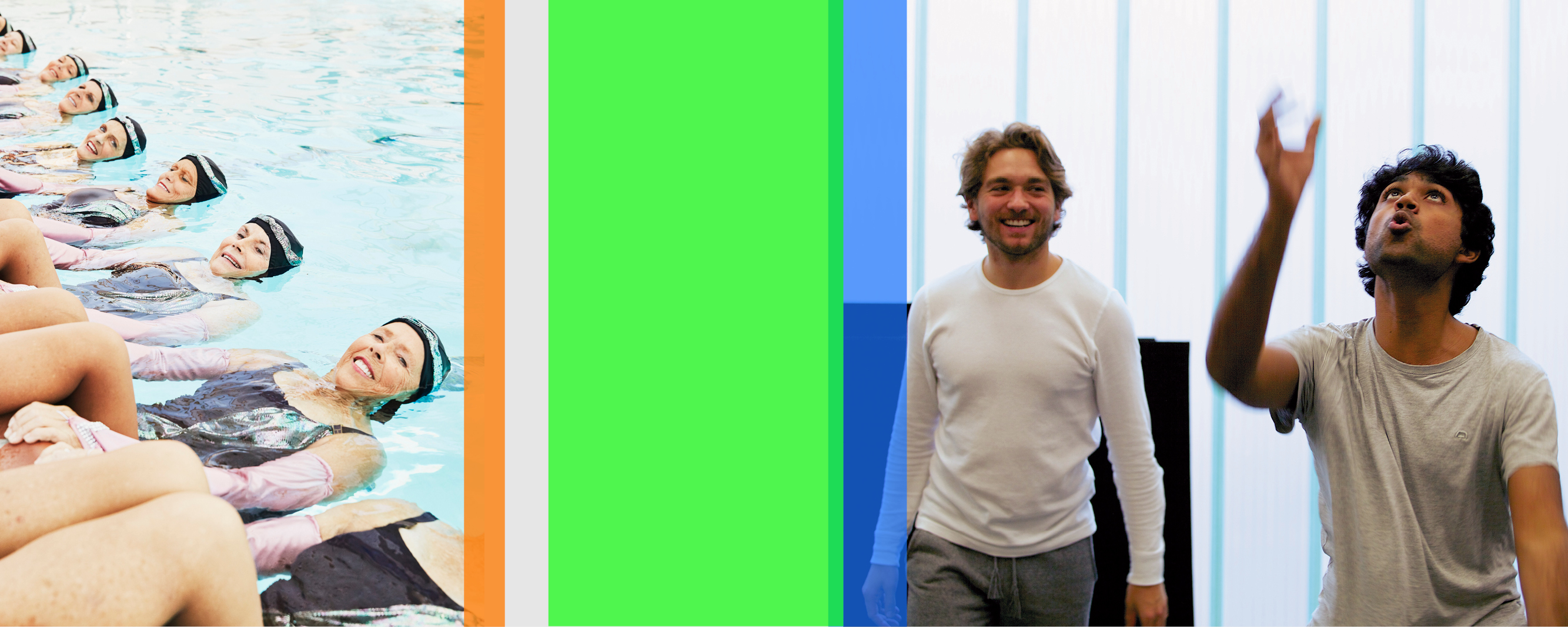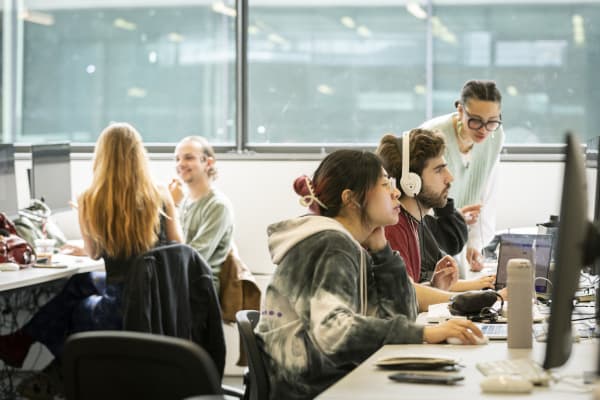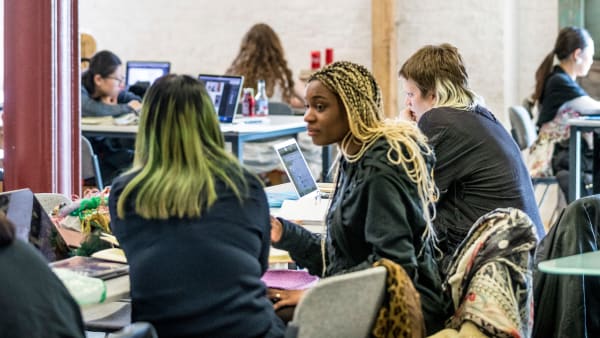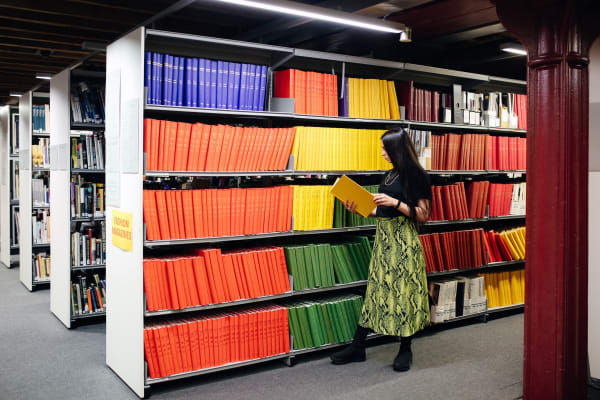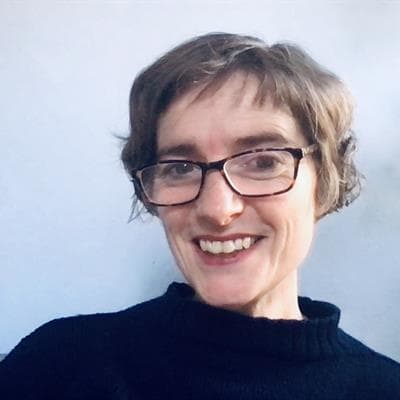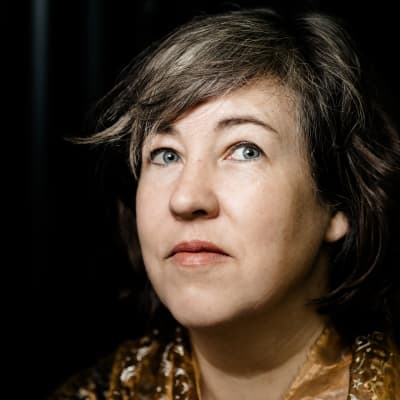Course units
MA Performance: Society creates a space for you to challenge and shape your creative practice around contextual issues, social practice and political frameworks. It aims to engage with community and place, addressing how artistic practice can be an active agent of change.
The course intention is to promote and support the development of reflective, responsible creative encounters that have relevance to a place, a circumstance, and a moment. MA Performance: Society offers an environment where complex social, cultural and artistic viewpoints are explored through the lens of the individual and their context.
The course is simply structured to develop your curiosity and processes of enquiry from an initial understanding of context and contextual drivers for performance, through an analysis of process based on the experience of making (independently as well as with others) to a point of realisation supported by critical reflection. The course includes 20 credits that you select from three possible elective units. This element of the course specifically supports international learning mobility and exchange; offering students possibilities to engage with international opportunities and activities.
The first block of units explores context and develops learning through direct engagement with and research about the nature of place, identity, community and action.
Unit 1: Place Identity
The start of the course is focused on your community, and your personal lens looking at location and place as a field for active and creative research. It asks each individual to share personal perspectives and sense of the local in relation to physical, psychological and cultural spaces. The unit initiates the exchange of intra-local conversations and encourages practice and enquiry as a mode of research.
Unit 2: Community
You will start to explore strategies for building and understanding community through both debate and initial approaches to making or processing content. The theme of the unit is how performance in action can generate and extend the experience of community. These early initiatives are supported by group debate and through the application of practical theories and approaches to engaged practice.
This unit considers and articulates the social and cultural context that you will respond to in Unit 3.
Unit 3: Situation
Introduces you to storytelling as a model of performance and activism. Storytelling is a powerful tool to engage imagination, intervene in narratives and highlight the need for social change. By adapting and developing your practice through communal storytelling you will consider form, composition, and ethical reasoning.
Unit 3 includes the Intensive in-person Residential.
Unit 4: REBEL (Options: Unit 4A, Co-operative Practices; 4B, Analysis and Application and; 4C, Making and Production)
The Recognition of Experience Based Education and Learning unit supports you in building a bespoke and individually relevant programme of learning based on a mixture of lived experience, personal projects and intensive workshops and transcultural learning exchange. It is assessed through reflective practice and a portfolio of evidence addressing Learning Outcomes that demonstrate advanced competence in either; collaboration and co-operation, analysis and insight, and making and production. Core teaching is the same for each of the three options. You are encouraged and supported in gathering experience and evidence of learning from independent enquiry (practice) and from engagement with international communities of practice.
Unit 5: Process
Process is the core when we think of performance within society: how we make the work, why we make the work and for whom we make the work for. On this unit, as a group you will address considerations of audience and the nature of co-operation. You will examine how work is integrated into society not only through the outcome but also the process undertaken. An emphasis on sensitivity to content and context is key to socially engaged performance and the type of practice associated with its heritage. The emphasis of the unit is a synthesis of ideas and context to a level of resolution; your output will be scrutinised, further tested, remade and remembered throughout Unit 6.
Unit 6: Reflection and Performance
By Unit 6, you will have gained experience of participation and co-operation with practitioners and thinkers beyond your immediate community. You will be encouraged to consider what it means to be a society in a global sense, and where community can be found or formed.
Unit 6 focuses on a process of deepening critical enquiry and scrutiny –mostly through refinements to practice or the articulation of outcomes. Interaction with peers from the course and elsewhere becomes increasingly essential at this stage as this produces an enhanced understanding of wider contexts and possibilities.
This unit includes the in-person intensive residential, focussing on habits of reflective practices.
Important note concerning academic progression through your course: If you are required to retake a unit you will need to cease further study on the course until you have passed the unit concerned. Once you have successfully passed this unit, you will be able to proceed onto the next unit. Retaking a unit might require you to take time out of study, which could affect other things such as student loans or the visa status for international students.
Mode of study
MA Performance: Society is delivered online and face to face in part time mode running for 84 weeks covering 22 months in two academic years. you will be expected to commit 20 hours per week to study and practice which includes teaching time and independent study. In person intensive residential projects are scheduled at the midway point for each year of delivery. These are typically 2 weeks duration help on-site at CSM. They are intensive in that they cover weekdays and weekends for the duration of the residential.
In person activities include intensive workshops timetabled over two weeks.
The course is designed in this way to enable you to pursue studies while also undertaking part-time employment, internships or care responsibilities. The course is for an international community of students, UK and global. Online delivery combines synchronous group sessions with asynchronous working to fit your other commitments and accommodate for different time zones.
This course is delivered through a blend of online and face to face residentials. As such, a feature of the induction process is orientation around online working and scheduling to ensure that you are able to participate and engage with the course successfully from your location and in the context of your setting. The course induction includes sessions around health and safety and student well-being.
Credit and award requirements
The course is credit-rated at 180 credits.
On successfully completing the course, you will gain a Master of Arts (MA degree). Under the Framework for Higher Education Qualifications, an MA is Level 7. All units must be passed to achieve the MA but the classification of the award is derived from the mark for the final 60 credit unit only.
If you are unable to continue the course, a Postgraduate Certificate (PG Cert) will normally be offered following the successful completion of 60 credits, or a Postgraduate Diploma (PG Dip) following the successful completion of 120 credits.
